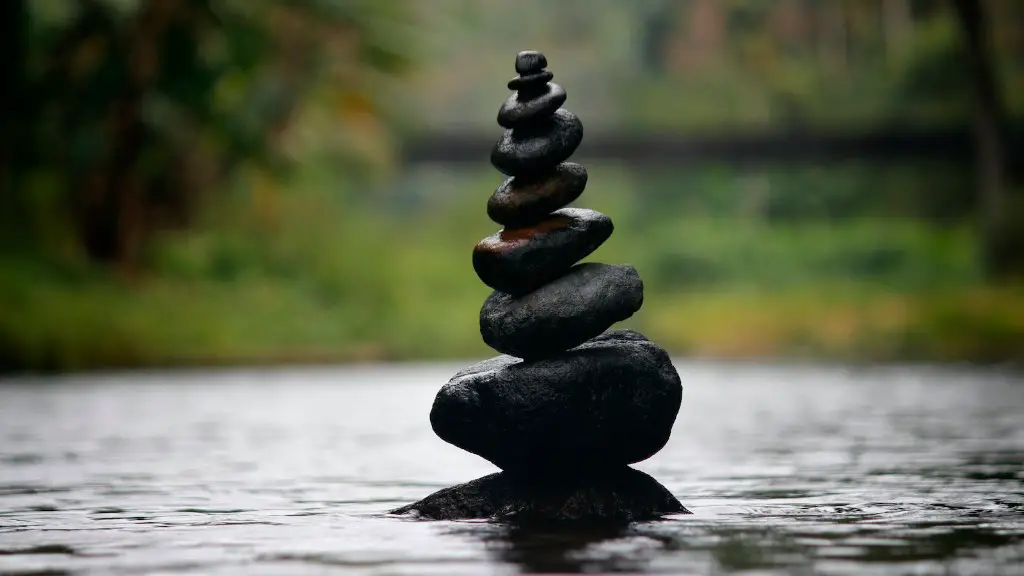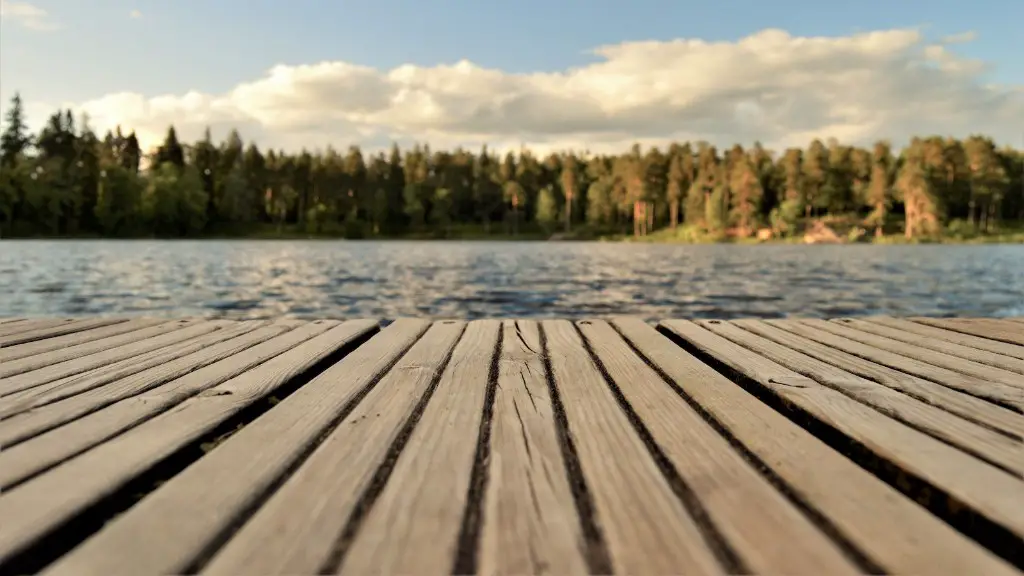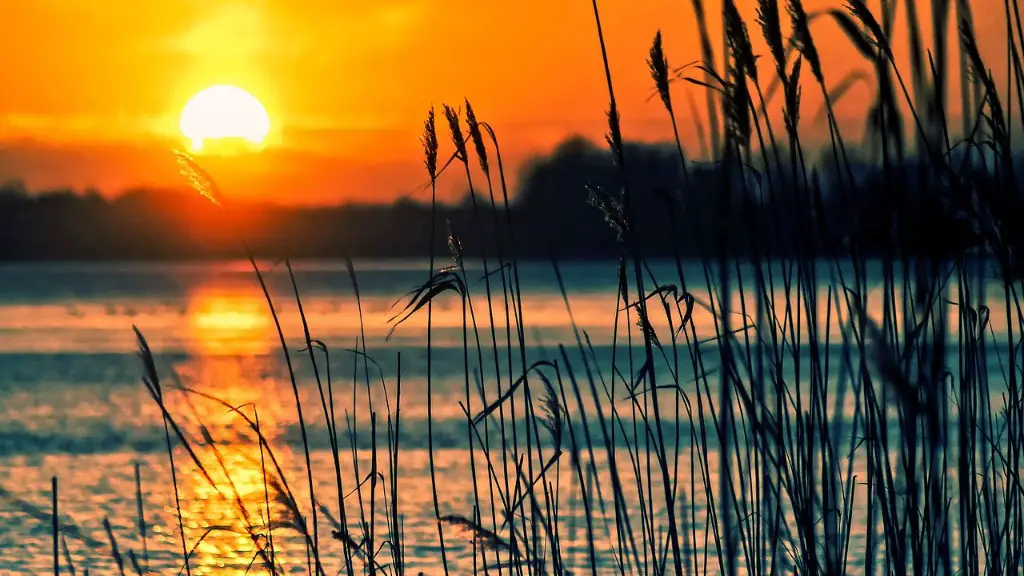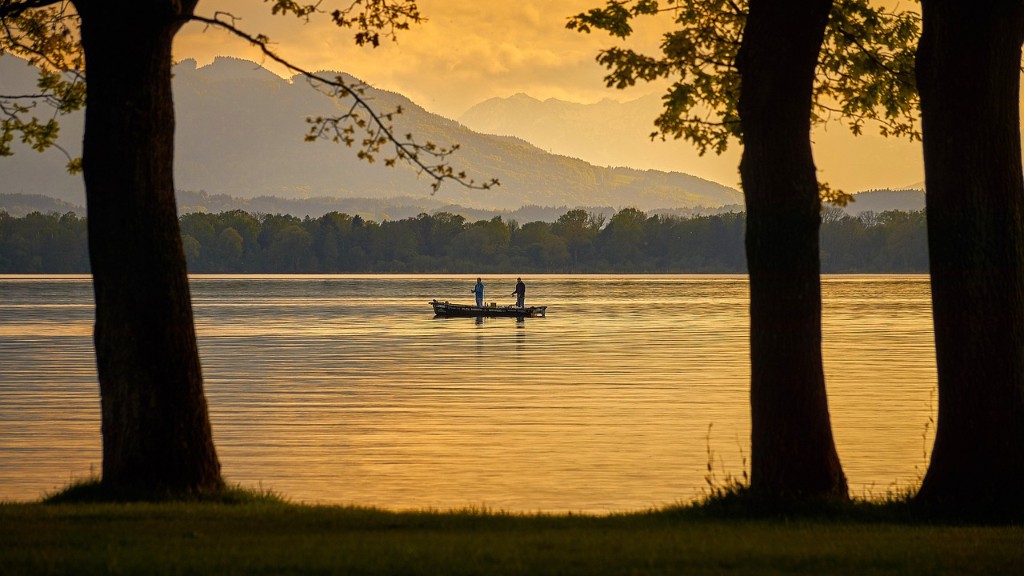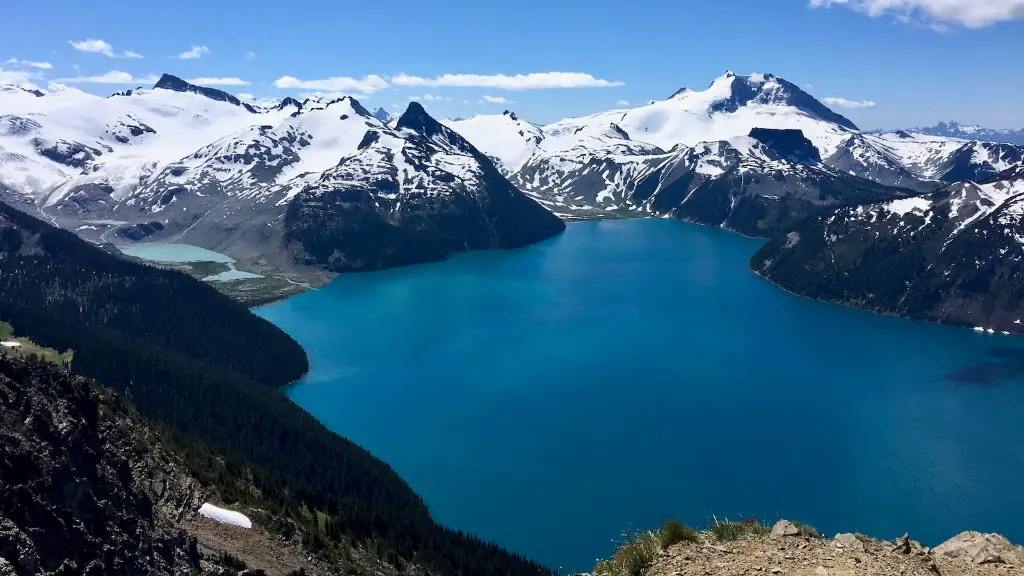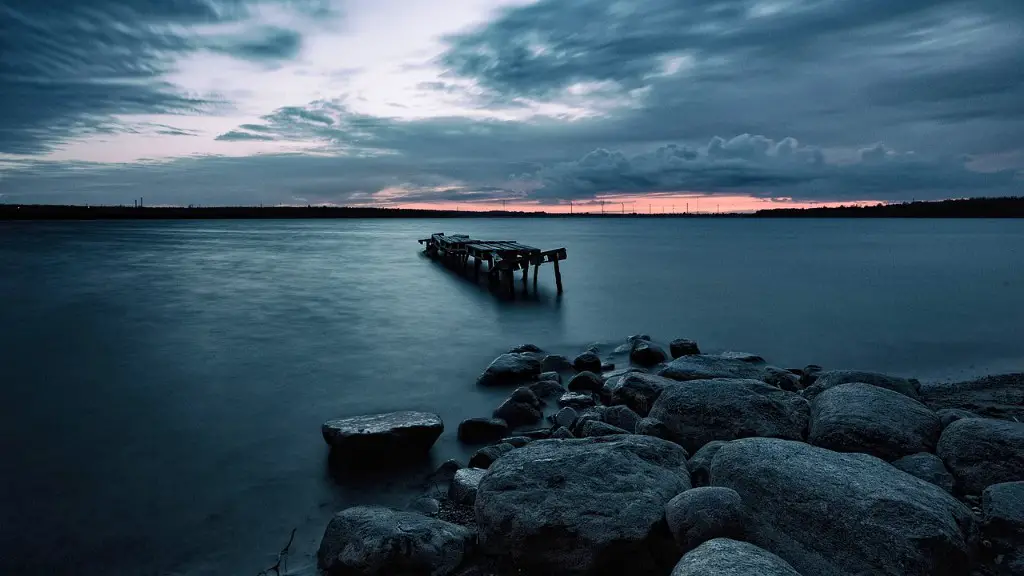A summer vacation at the beach is one of the great American staples, in which countless people from all over the country flock to Lake Michigan for a little fun in the sun. Unfortunately, in 2020 many of the great lake beaches are closed due to the ongoing COVID-19 pandemic. It’s a heartbreaking reminder that safety must come first.
The state health departments of Minnesota, Illinois, Indiana, Wisconsin, and Michigan noted in late April that even though the coronavirus seems to have been contained in many respects, with restrictions on travel loosening and people returning to work, cases have started to rise in the states bordering Lake Michigan. Recognizing the need to contain the virus, beach access at many of the lakeside spots has been restricted.
It isn’t just Lake Michigan that has been affected – the lakeside access in other areas of the country has been limited as well. Across the country, public health experts have suggested that swimming should be avoided in bodies of natural water as long as the COVID-19 crisis persists.
The specific restrictions on Lake Michigan beaches vary by state. Here are the highlights:
In Wisconsin, all beach access points remain closed, and any private property access is forbidden. In Minnesota, many beaches along the lake’s North Shore remain open, with strict social distancing rules in place.
In Illinois, beaches are open but the state is discouraging swimming. Indiana has included Lake Michigan in its stay-at-home order, and access to beaches is limited to walking and other activities that can be done in a socially distant fashion.
Finally, in Michigan, many Lake Michigan beaches are open with some restrictions. Swimming is not allowed and social distancing rules must be adhered to. Popular spots such as Grand Haven and South Haven beaches remain open, while the beaches at Mackinac Island have been closed.
Educating the Public
Another important factor in keeping Lake Michigan beaches closed is education. The public needs to be aware of the dangers posed by large bodies of water as the virus remains at large and other people are out and about.
The Centers for Disease Control & Prevention (CDC) recommends avoiding swimming or other activities when in close contact with others, and avoiding the beach altogether is strongly encouraged when the beach is crowded and when near other people. Even under ideal conditions, swimming in natural water can prove dangerous if proper precautions are not taken.
These uncertainties can be intimidating and confusing for swimmers who just want to take a dip in the lake. To this end, the Beach and Beachfront of Lake Michigan have put together a list of recommendations for beachgoers, which includes abstaining from swimming and sticking to less crowded beaches.
Additionally, it is important to be aware of the specific public health guidance and safety requirements put forth by each lake-bordering state, which can be easily checked online and in each state’s respective website. The CDC also offers guidance for boating, fishing, and other water-borne activities.
Best Practices for Beachgoers
To ensure the safety of everyone, beachgoers should avoid overcrowded beaches and follow the instructions of local officials in regards to closures, safety regulations, and other prohibitions. It is also important to be aware of the potential risk of exposure to the virus if other people are not following safety protocols.
If you are planning to visit a beach in Lake Michigan, it is important to adhere to the recommended public health guidelines: wear a face covering when in places where social distancing cannot be maintained, practice proper hygiene, and keep a respectful distance from others. If possible, bring a masks and remember to wear it when interacting with other people.
Be aware that the risk of exposure is greatly increased in crowded beaches and in activities like swimming or boating. If it is not possible to maintain a safe distance of 6 feet, individuals should be wearing a face covering.
Finally, exercise caution when leaving the beach. Even if the beach is not officially closed, it is important to be aware of any potential restrictions that could lead to a suspension of beach access.
Public Health Sanctions
The potential penalties for visiting a beach in violation of public health orders are severe. Depending on the state, violators could face fines, jail time, or both for failing to comply with orders. Additionally, those who are found to be hosting large gatherings could face substantial fines and criminal charges.
It is also important to be aware that any partaking in activities such as swimming or boating presents an at greater risk of exposure to the virus, as these activities require individuals to remain in close contact with one another.
Although it may be difficult to resist the urge to visit Lake Michigan beaches this summer, it is important to recognize the public health imperative and follow the guidance of public health officials. Thankfully, many communities near Lake Michigan have found ways to enjoy the lake access while still observing social distancing guidance.
The Lake Michigan parks are offering a variety of activities for visitors to enjoy safely, including motor-less boating, bird watching, and fishing opportunities. These activities still provide an opportunity to escape from the bustle of city life and enjoy the beauty of the lake without the need to travel and without coming into contact with countless people.
Financial Implications
At the same time, local governments are facing an increasingly difficult financial situation due to the closure of beaches. During the summer period, beachgoers spend a great deal of money in local shops and restaurants, and closure of the beaches has resulted in a significant drop in revenue.
Additionally, many of the beachfront hotels have been forced to reduce their occupancy due to the closure of beaches. This has had a severe impact on the local economy, resulting in a decrease in employment as well as an increase in public health related costs. With the closure of beaches, the residents of these towns now have to face an uncertain economic future.
Despite the severe financial burden that the closure of Lake Michigan beaches has imposed, it is important to recognize the public health imperative and do whatever is necessary to protect ourselves and others from the spread of COVID-19.
Alternative Vacation Options
Fortunately, with proper caution and planning, it is still possible to enjoy a Lake Michigan vacation and take advantage of the wide range of activities available in the area. For families, camping offers a safe and enjoyable vacation alternative that can be done safely with social distancing and following proper public health protocols.
For those seeking a beachfront experience, there are a multitude of private airbnbs and vacation rentals, many of which are offering refunds if the beaches are closed due to the virus. Beachfront resorts are also an attractive option, as they provide access to amenities that one can enjoy while still maintaining safety precautions.
Lastly, there are numerous state and local parks located near Lake Michigan which offer plenty of opportunities to get out and explore the area. These parks are great for swimming, fishing, and a variety of other outdoor activities that can be done safely with proper precautions.
Conclusion
The ongoing COVID-19 pandemic has forced many Lake Michigan beaches to close, a heartbreaking reminder of the importance of safety during this time. While this certainly puts a damper on some summer plans, there are still many activities that one can enjoy while visiting the Lake Michigan area, with proper precaution and awareness of public health orders.
